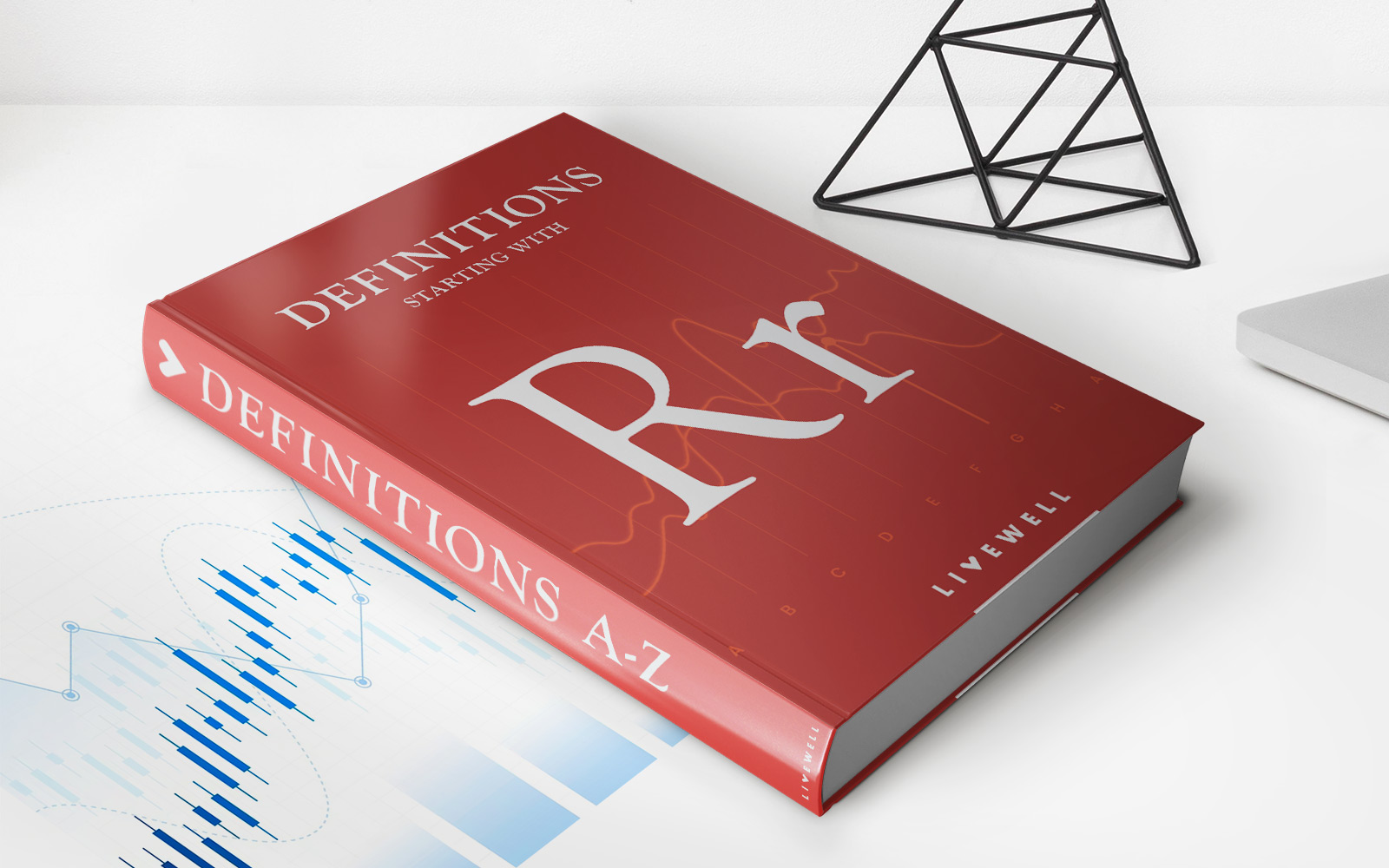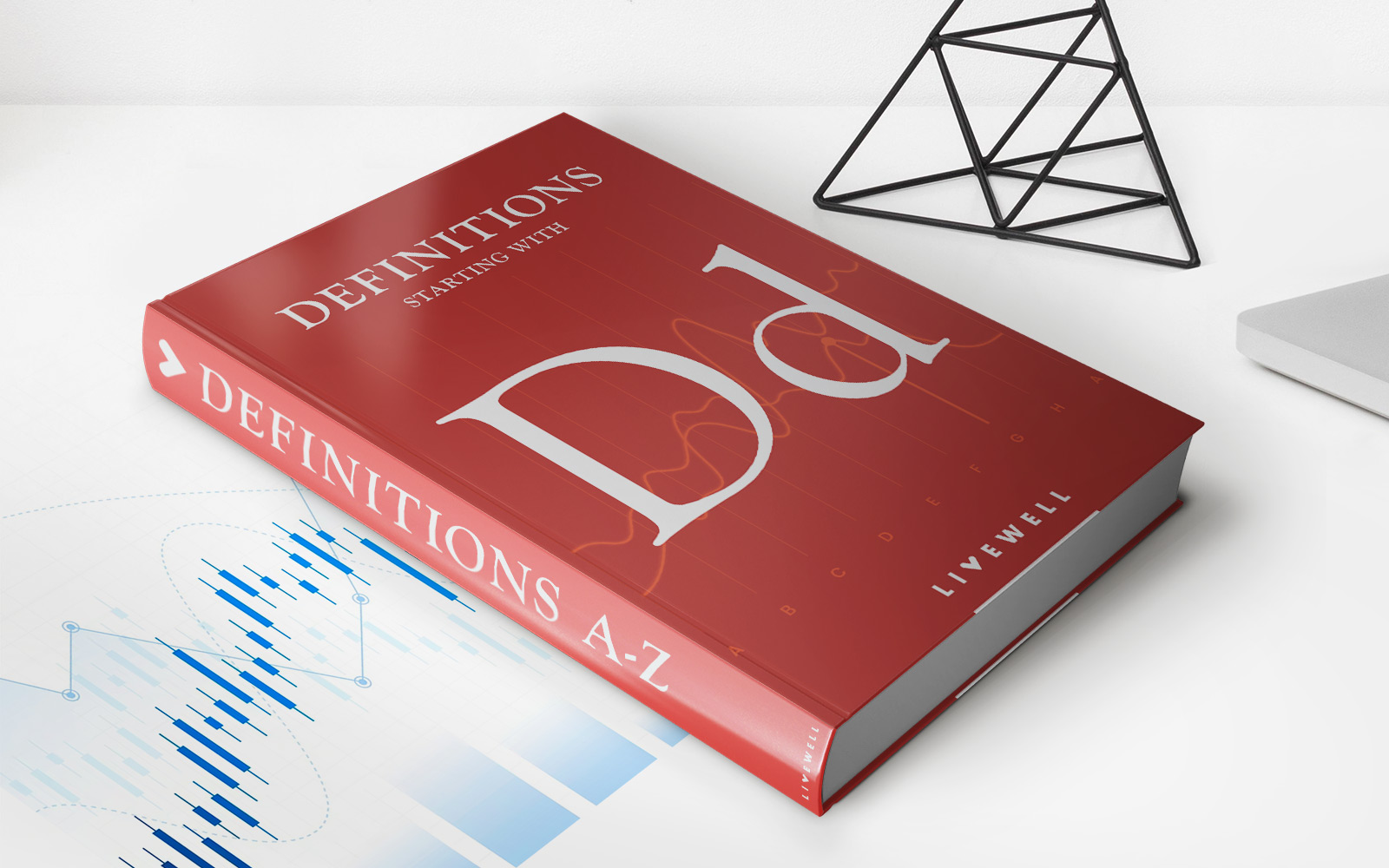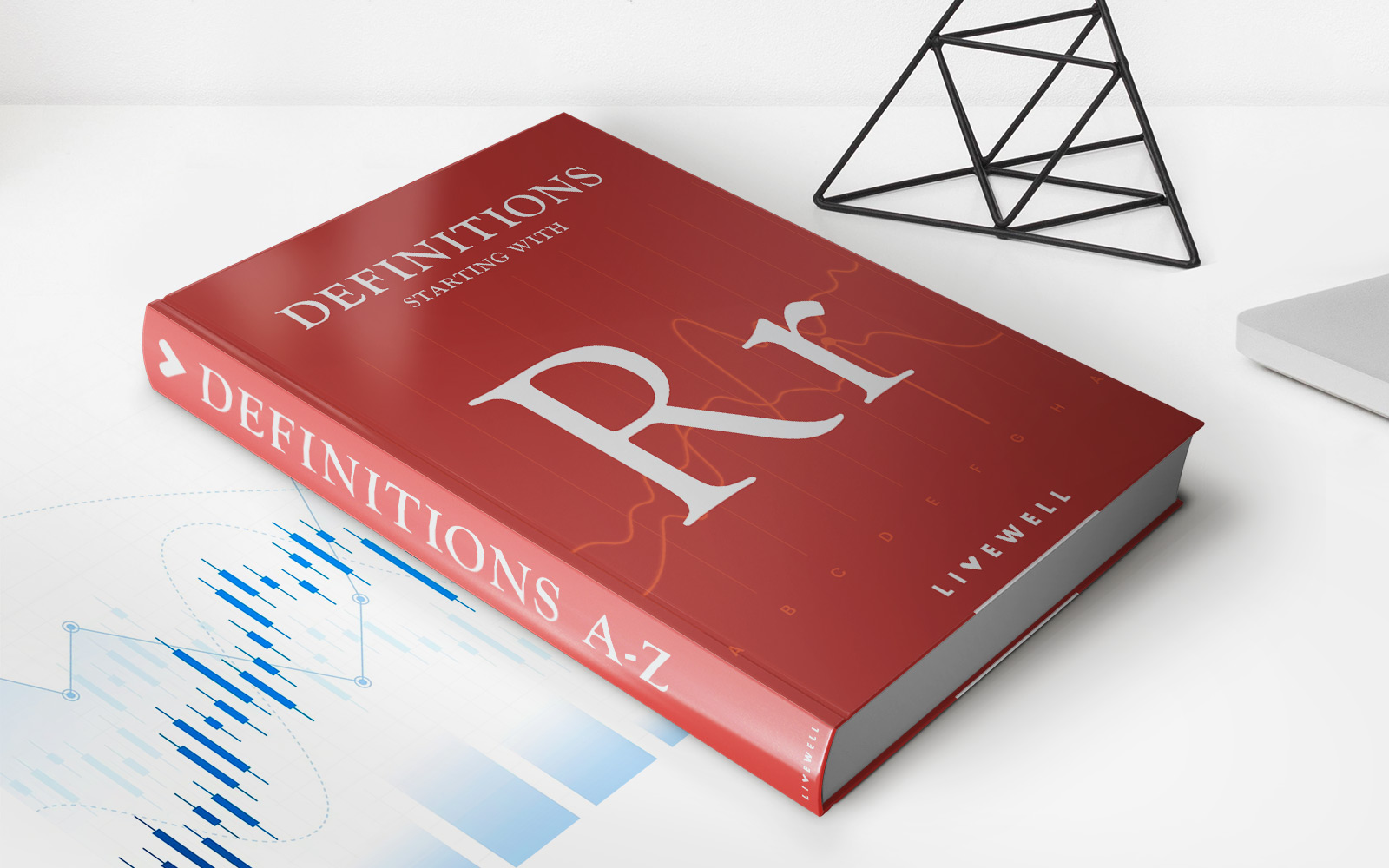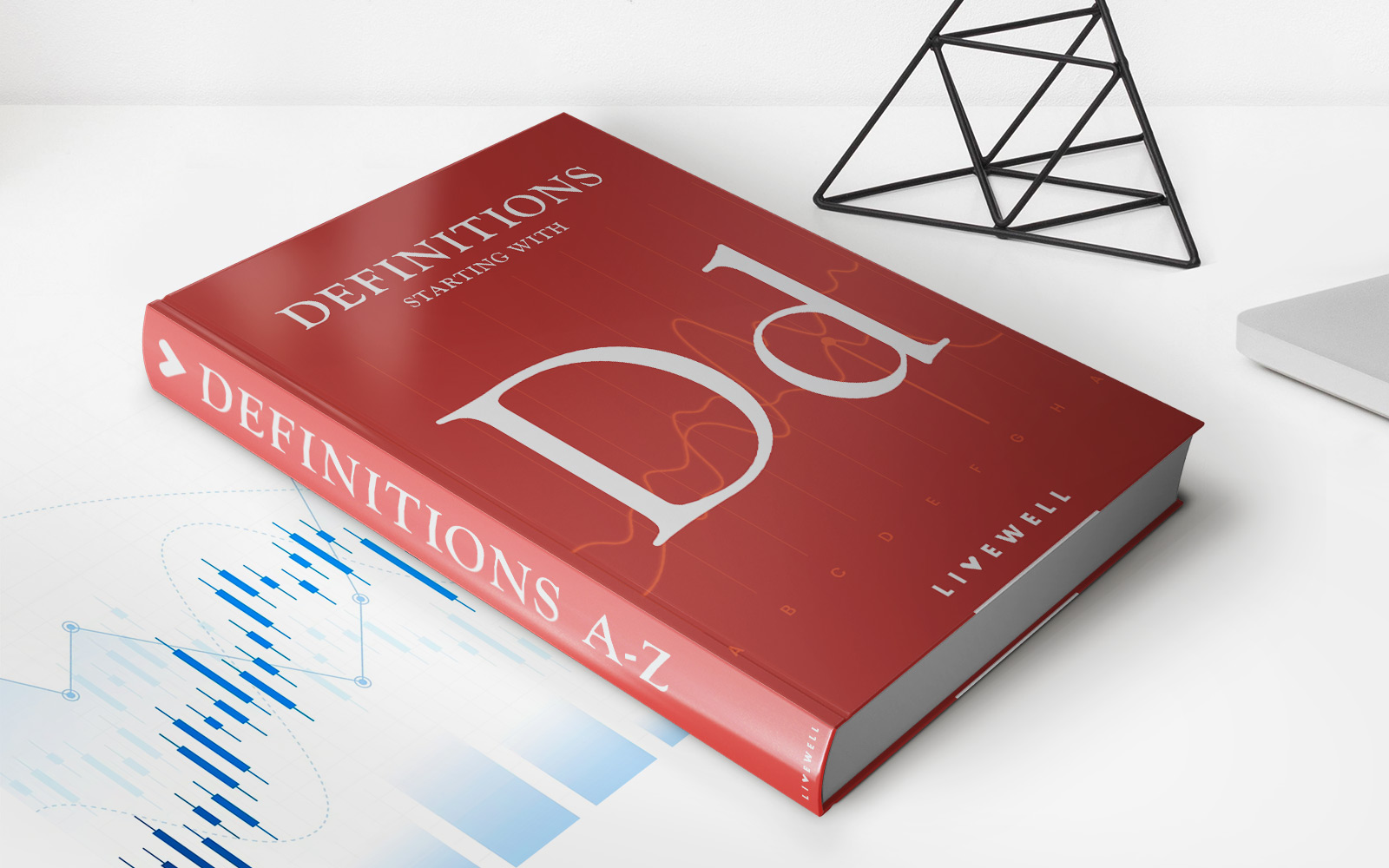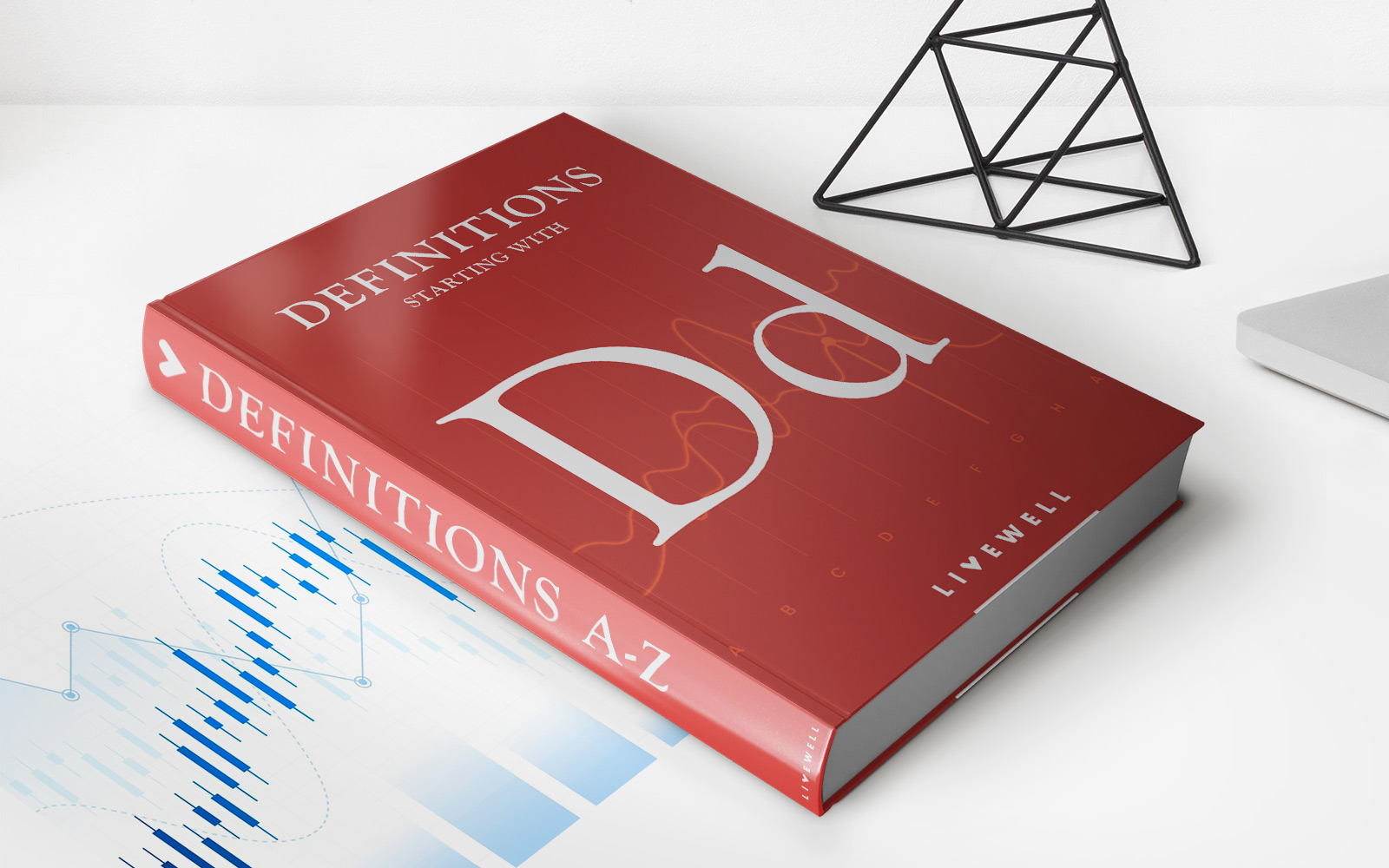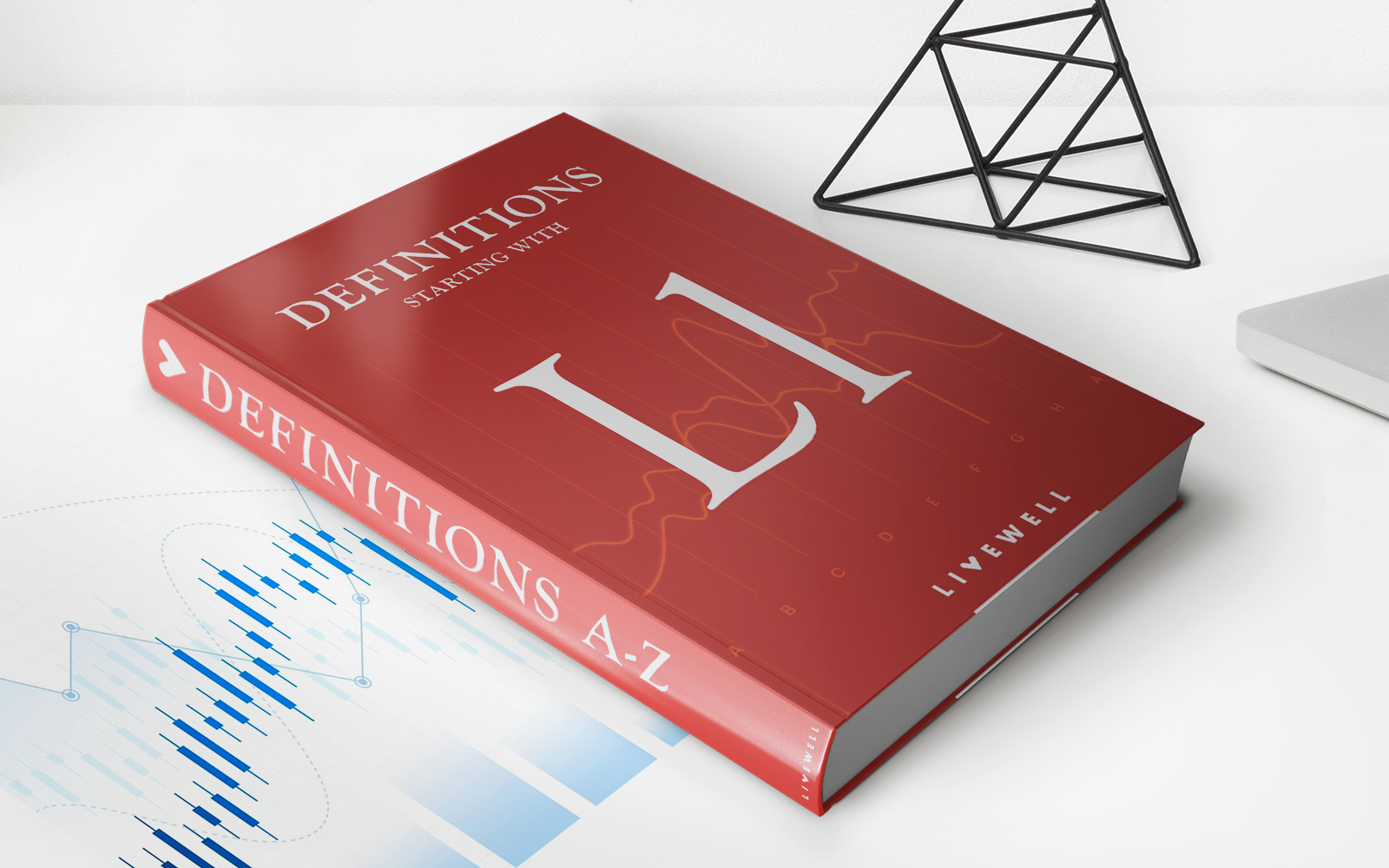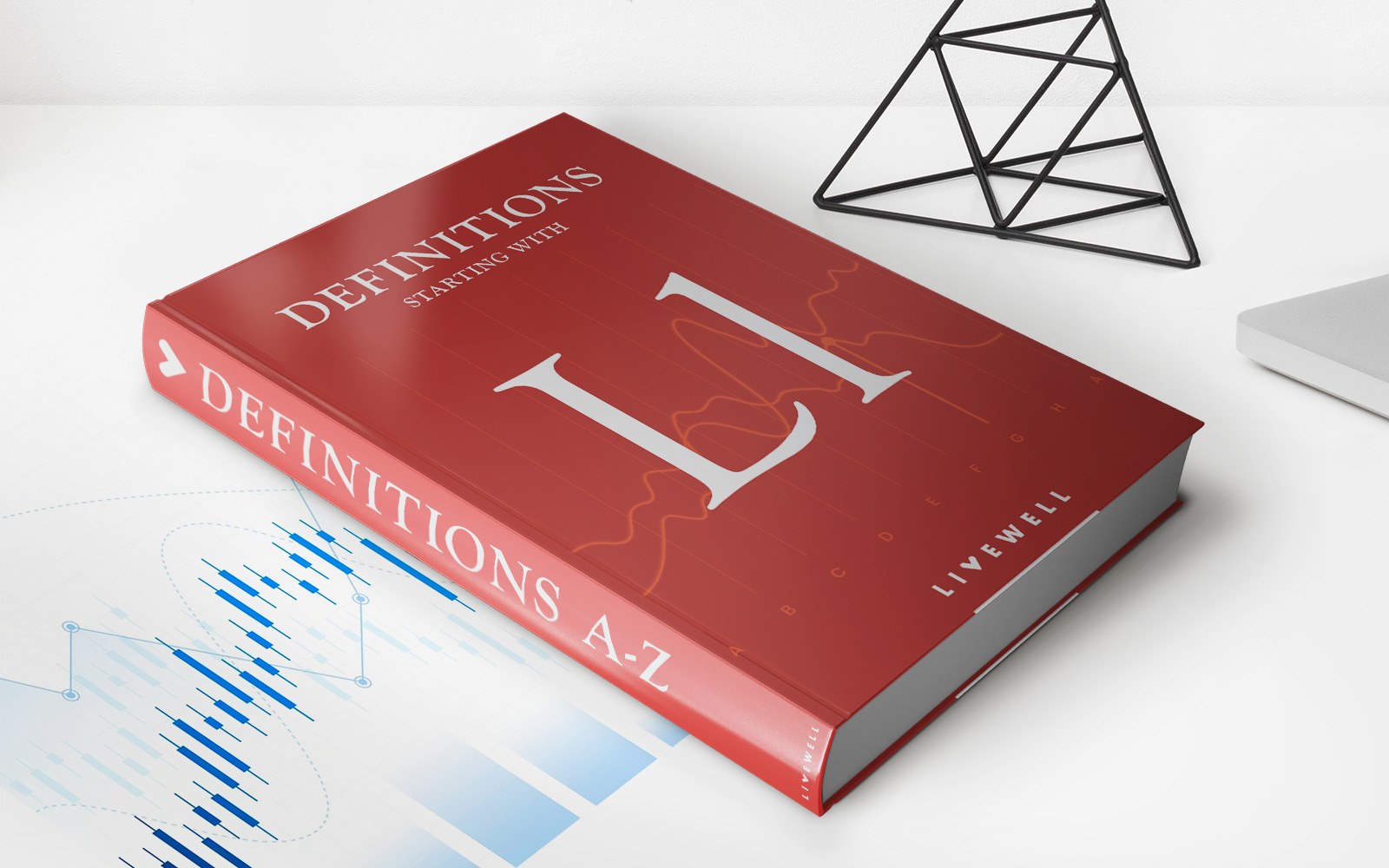
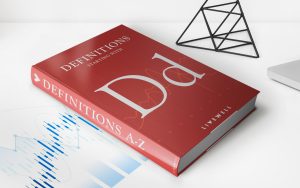
Finance
Discounting Mechanism Definition
Published: November 12, 2023
Discover the meaning and significance of discounting mechanism in finance. Explore how it affects various aspects of financial transactions, investments, and valuation.
(Many of the links in this article redirect to a specific reviewed product. Your purchase of these products through affiliate links helps to generate commission for LiveWell, at no extra cost. Learn more)
The Discounting Mechanism: What It Is and How It Impacts Your Finances
When it comes to managing your finances, it’s crucial to understand the various mechanisms that can affect your financial health. One such mechanism that plays a significant role is the discounting mechanism. But what exactly is it and how does it impact your finances? In this blog post, we will provide a clear definition of the discounting mechanism and explore its implications.
Key Takeaways:
- The discounting mechanism is a financial concept used to determine the present value of future cash flows.
- It takes into account the time value of money, inflation, and the risk associated with future cash flows.
Understanding the Discounting Mechanism
The discounting mechanism is a financial concept used to calculate the present value of future cash flows. It takes into account the time value of money, inflation, and the risk associated with those future cash flows. Essentially, it measures the worth of future cash flows in today’s terms.
Discounting is based on the principle that receiving money in the future is less valuable than receiving it in the present. This is because money received today can be invested or used immediately, whereas money received in the future has an opportunity cost and is subject to uncertainty.
How It Impacts Your Finances
The discounting mechanism has significant implications for your finances. Here’s how it impacts you:
1. Investment Decisions:
Discounting plays a crucial role in investment decision-making. When evaluating potential investment opportunities, the discounting mechanism helps determine the present value of expected future cash flows. By discounting those cash flows, investors can assess whether the investment is worthwhile or not. The higher the discount rate, the lower the present value of future cash flows.
2. Financial Planning:
Discounting also affects financial planning. It helps individuals and companies analyze and evaluate long-term financial commitments, such as retirement plans, mortgages, or business investments. By discounting future cash flows, financial planners can estimate the value of these commitments in present terms and make informed decisions accordingly.
3. Debt Valuation:
The discounting mechanism is also used to value debt instruments such as bonds or loans. By discounting future interest payments and the principal amount, you can determine the present value of the debt. This valuation helps investors assess the attractiveness of the debt instrument and make informed investment choices.
In Conclusion
The discounting mechanism is an essential financial concept that affects various aspects of your finances. It helps determine the present value of future cash flows, allowing you to make informed investment decisions, plan for the future, and evaluate debt instruments effectively. By understanding the discounting mechanism, you can navigate the financial landscape with confidence and optimize your financial well-being.

